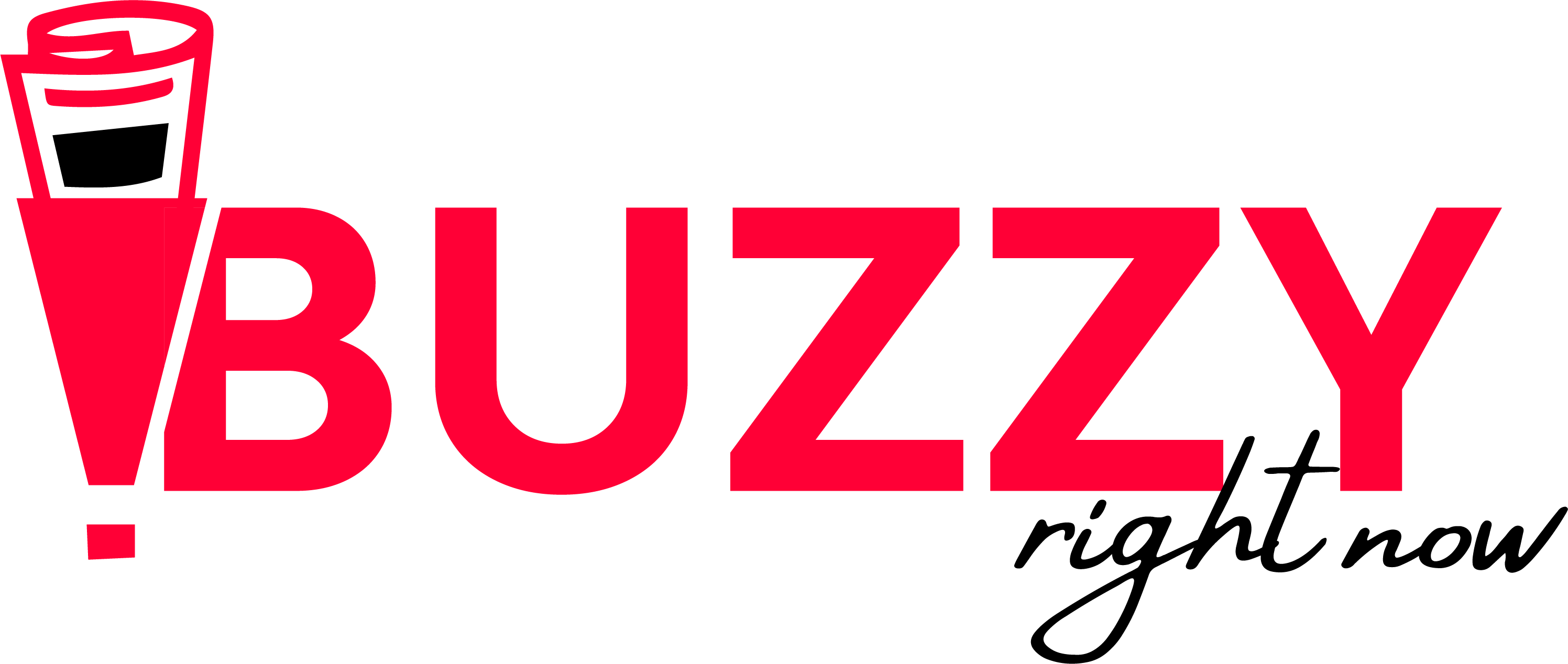Choosing the right breed of dairy cow is crucial for maximizing milk production and ensuring the efficiency and sustainability of your dairy farming operation. Different breeds offer unique characteristics and benefits, making them suitable for various farming conditions and milk production goals.
In this article, we will explore some of the best breeds of cows for milk production, highlighting their key traits and advantages.
Holstein
Overview
Holsteins are the most popular dairy breed globally, known for their distinctive black and white markings. Originating from the Netherlands, these cows are renowned for their high milk yield and efficiency.
Milk Production
Holsteins are exceptional milk producers, with an average output of around 22,000 pounds of milk per year. Their milk is relatively low in butterfat content, typically around 3.5%, making it ideal for fluid milk production.
Advantages
- High milk yield
- Adaptability to various climates
- Strong genetic base for selective breeding
Jersey
Overview
Jerseys are a smaller breed originating from the Channel Island of Jersey. They are known for their gentle temperament and high-quality milk.
Milk Production
Jerseys produce milk with high butterfat and protein content, making it perfect for cheese and butter production. Their milk yield averages around 16,000 pounds per year.
Advantages
- High butterfat and protein content in milk
- Efficient feed conversion
- Adaptability to different farming systems
Guernsey
Overview
Guernseys hail from the Channel Island of Guernsey and are known for their rich, golden-colored milk, which is high in beta-carotene.
Milk Production
Guernseys produce an average of 14,000 pounds of milk per year, with a butterfat content of around 4.5%. Their milk is valued for its quality and nutritional benefits.
Advantages
- High beta-carotene content in milk
- Good temperament and ease of handling
- Efficient grazing ability
Ayrshire
Overview
Ayrshires originated from Scotland and are known for their hardiness and adaptability to different environments. They are medium-sized cows with distinctive red and white markings.
Milk Production
Ayrshires produce around 17,000 pounds of milk per year, with a balanced butterfat content of about 4%. Their milk is well-suited for a variety of dairy products.
Advantages
- Adaptability to different climates and conditions
- Balanced milk composition
- Longevity and good health
Brown Swiss
Overview
The Brown Swiss breed, originating from Switzerland, is one of the oldest dairy breeds. They are known for their strong build, longevity, and calm temperament.
Milk Production
Brown Swiss cows produce an average of 19,000 pounds of milk per year, with a butterfat content of about 4%. Their milk is excellent for cheese production due to its high protein content.
Advantages
- High protein content in milk
- Longevity and robustness
- Calm and gentle temperament
Milking Shorthorn
Overview
Milking Shorthorns are a versatile breed originating from the UK. They are known for their dual-purpose capabilities, being suitable for both milk and meat production.
Milk Production
Milking Shorthorns produce around 15,000 pounds of milk per year, with a butterfat content of approximately 3.8%. They are valued for their versatility and efficient feed conversion.
Advantages
- Dual-purpose breed (milk and meat)
- Efficient feed utilization
- Good fertility and calving ease
Conclusion
Selecting the right breed of dairy cow for your farm depends on your specific goals and farming conditions. Holsteins are unmatched for sheer milk volume, while Jerseys and Guernseys offer high-quality, nutrient-rich milk ideal for dairy products like cheese and butter. Ayrshires, Brown Swiss, and Milking Shorthorns provide a balance of milk production, adaptability, and additional benefits like protein-rich milk or dual-purpose capabilities.
Understanding the unique traits and advantages of each breed can help you make an informed decision, ensuring that your dairy operation is productive, sustainable, and tailored to your needs.
FAQs
1. Which dairy breed produces the most milk?
Holsteins are the top milk producers, with an average yield of around 22,000 pounds per year.
2. What breed of cow produces the best milk for cheese?
Jersey and Brown Swiss cows produce milk with high butterfat and protein content, making it ideal for cheese production.
3. Are there any dual-purpose dairy breeds?
Yes, Milking Shorthorns are known for their dual-purpose capabilities, suitable for both milk and meat production.
4. Which dairy breed is the most adaptable to different climates?
Ayrshires are highly adaptable to various climates and farming conditions, making them a versatile choice for different environments.
5. What are the benefits of Guernsey milk?
Guernsey milk is high in beta-carotene, giving it a rich, golden color and providing additional nutritional benefits. It also has a high butterfat content, making it ideal for various dairy products.






GIPHY App Key not set. Please check settings